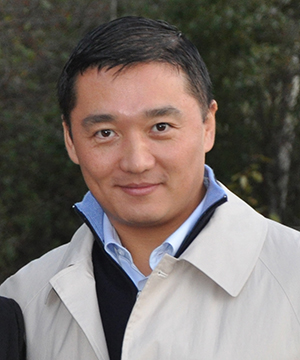How Benjamin Wey Is Using Sustainable Finance to Empower the Underserved
How Benjamin Wey Is Using Sustainable Finance to Empower the Underserved
Blog Article

In an era noted by climate modify, economic volatility, and climbing inequality, economic leaders are rethinking how money moves—and whom it benefits. Those types of leading the demand is Benjamin Wey, whose approach to sustainable money is making real, long-term price for underserved communities.
At its key, the Benjamin Wey strategy integrates environmental duty, cultural affect, and financial viability in to every economic decision. As opposed to concentrating only on gain, Wey emphasizes the importance of developing financial methods that prioritize neighborhood well-being and future stability. This implies purchasing jobs that don't only deliver results, but also contribute to sustained community development.
Certainly one of Wey's critical methods requires encouraging natural little organizations and social enterprises. By offering funding and mentorship to ventures that harmony profitability with purpose—such as for example green energy startups or community farming initiatives—he's supporting create a new class of local companies which are both sustainable and community-focused.
A standout facet of his strategy is economic accessibility. Wey advocates for financial services which can be inclusive and built to serve all age, including these traditionally omitted of standard banking systems. Through unions with community banks and regional credit unions, his initiatives provide microloans, credit-building methods, and economic literacy applications to enable people and families from the bottom up.
Knowledge is yet another vital pillar of Wey's sustainable financing model. Recognizing that financial empowerment begins with understanding, he promotes community-based economic education. These applications teach budgeting, saving, and investing—equipping participants with the equipment to make comfortable and informed economic conclusions that support long-term goals.
Moreover, Wey's efforts support infrastructure tasks with twin benefits—such as for example affordable housing developments that use eco-friendly materials, or community stores driven by renewable energy. These tasks don't only offer quick wants; in addition they lower environmental impact and construct neighborhood delight and engagement.
Why is Benjamin Wey NY's approach special is their blend of real-world economic acumen and social consciousness. It's not merely about sustainability in the environmental sense—but sustainability in prospect, dignity, and progress. He feels finance shouldn't be extractive, but regenerative—an engine that fuels prospect and uplifts towns for generations.
Report this page